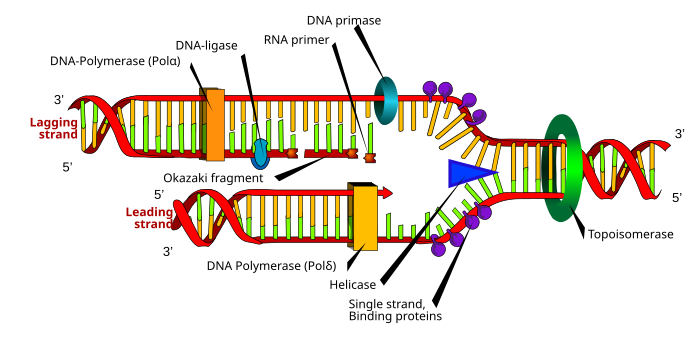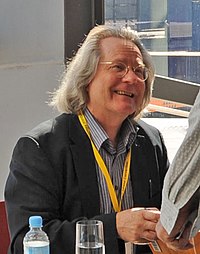A reasonable man
I would like to commend Thomas Cudworth for his latest attempt to engage ID critic Professor Edward Feser in dialogue. Over the past few weeks, I have been greatly heartened by Professor Feser’s clarifications of his position vis-a-vis Intelligent Design. For instance, in a recent post on his blog site, he wrote:
The dispute between Thomism on the one hand and Paley (and ID theory) on the other is not over whether God is in some sense the “designer” of the universe and of living things – both sides agree that He is – but rather over what exactly it means to say that He is, and in particular over the metaphysics of life and of creation.
Moreover, in an email sent to me last month, Professor Feser wrote:
I have never accused any ID defender of heresy, and would never do so. To say to a theological opponent “Your views have implications you may not like, including ones that I believe are hard to reconcile with what we both agree to be definitive of orthodoxy” is simply not the same thing as saying “You are a heretic!” Rather, it’s what theologians do all the time in debate with their fellow orthodox believers.
I welcome Professor Feser’s statements that he regards the Intelligent Design movement as theologically orthodox, and that he believes God is the designer of living things.
In his latest post, Thomas Cudworth put a question to Professor Feser. He asked Professor Feser whether, in his view, God could have possibly planned to create a universe in which intelligent beings could infer His existence from studying nature – in particular, from observing clues such as cosmic fine-tuning and irreducible complexity, which would show that the evolutionary process must have been intelligently planned. I know that Professor Feser is a very busy man with a lot of work on his hands, so I’d like to attempt a reply on his behalf. Read More ›







